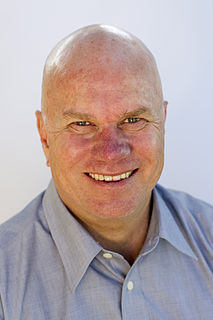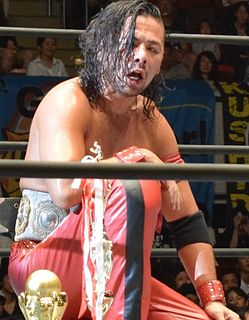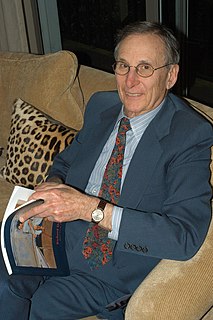A Quote by Arthur Koestler
It is impossible to decide whether a particular detail of the Pythagorean universe was the work of the master, or filled in by a pupil a remark which equally applies to Leonardo or Michelangelo . But there can be no doubt that the basic features were conceived by a single mind; that Pythagoras of Samos was both the founder of a new religious philosophy, and the founder of Science, as the word is understood today.
Related Quotes
...there ... remains a huge following [of Ayn Rand's philosophy] of those who ignore the indiscretions, infidelities, and moral inconsistencies of the founder and focus instead on the positive aspects of her philosophy. There is much in it to admire, if you do not have to accept the whole package... Criticism of the founder or followers of a philosophy does not, by itself, constitute a negation of any part of the philosophy... Criticism of part of a philosophy does not gainsay the whole.
I intend Deaths in Venice to contribute both to literary criticism and to philosophy. But it's not "strict philosophy" in the sense of arguing for specific theses. As I remark, there's a style of philosophy - present in writers from Plato to Rawls - that invites readers to consider a certain class of phenomena in a new way. In the book, I associate this, in particular, with my good friend, the eminent philosopher of science, Nancy Cartwright, who practices it extremely skilfully.
Pishevar, co-founder and managing director of Sherpa Capital, is a powerful figure in the Valley and a bridge to establishment figures on both coasts. He cultivated a relationship with Uber co-founder Travis Kalanick and publicly came to his defense when he was ousted as chief executive officer and sued by another investor.
Obviously solving the education problem is big and complex, and there's already so many failings, but coding is the new fluency. This is the most valuable skill of this century. If you want to be a founder of a company, and not even just a tech company, but like a founder of a company, because I'm telling you software is going to play a role.
I have always taken as the standard of the mode of teaching and writing, not the abstract, particular, professional philosopher, but universal man, that I have regarded man as the criterion of truth, and not this or that founder of a system, and have from the first placed the highest excellence of the philosopher in this, that he abstains, both as a man and as an author, from the ostentation of philosophy, i. e., that he is a philosopher only in reality, not formally, that he is a quiet philosopher, not a loud and still less a brawling one.
The master in the art of living makes little distinction between his work and his play, his labor and his leisure, his mind and his body, his information and his recreation, his love and his religion. He hardly knows which is which. He simply pursues his vision of excellence at whatever he does, leaving others to decide whether he is working or playing. To him he's always doing both.






































